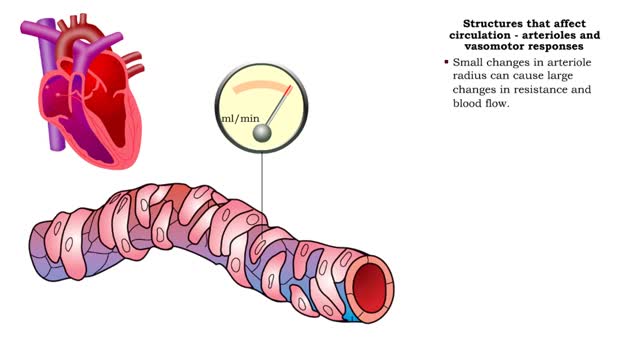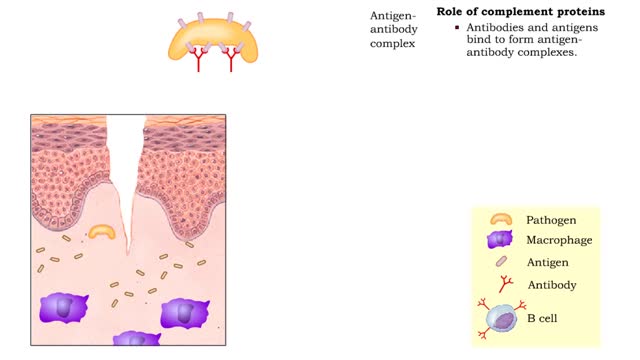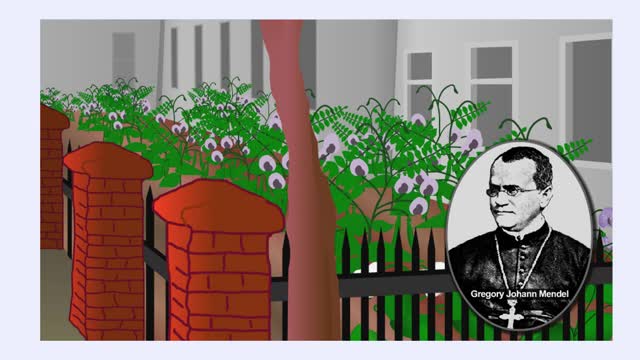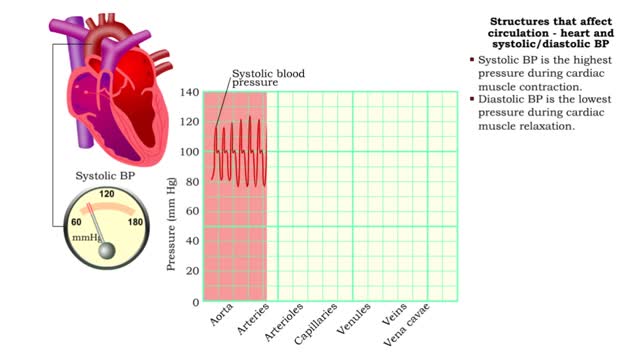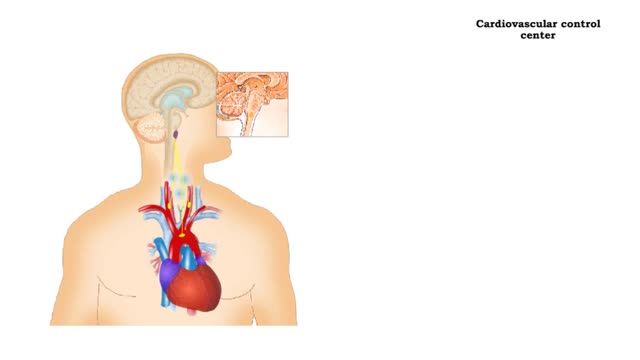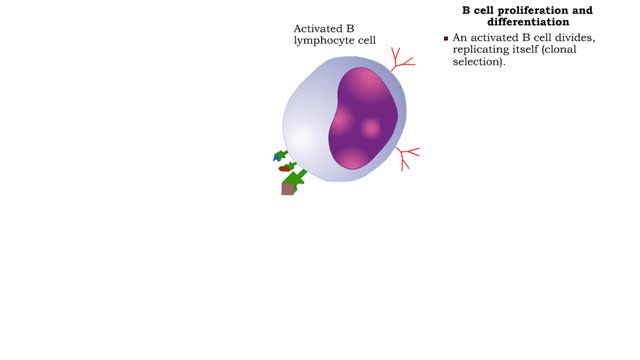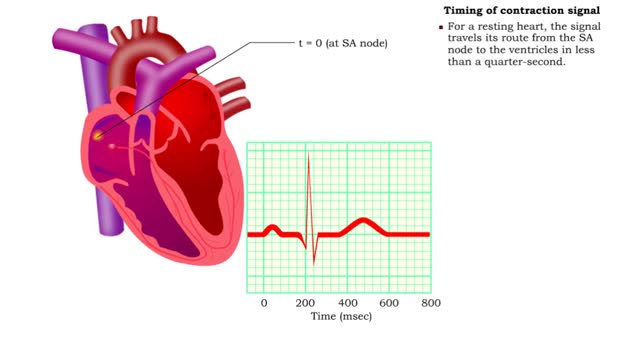Search Results
Results for: 'Drug Resistance and Natural Selection'
Structures that affect circulation - arterioles and vasomotor responses
By: HWC, Views: 10521
■ Small arteries and arterioles determine SVR. ■ Blood pressure drops significantly as blood passes through arterioles. ■ Decreasing arteriole radius and decreased wall elasticity are the main reasons for increased SVR. ■ Small changes in arteriole radius can cause large changes in ...
By: HWC, Views: 10671
• Non-specific and specific defense mechanisms work through the functions of complement proteins. • As soon as pathogens penetrate the physical barrier of the skin, other resistance mechanisms begin. • Cells, such as macrophages, phagocytize pathogens. • These cells increase exposu...
Mendel's Principles of Inheritance (Father of Genetics)
By: HWC, Views: 10602
Gregory Johann Mendel, a monk living in the mid-1800's, is known as the "Father of Genetics" for his experiments with pea plants in the abbey garden. These experiments led him to deduce the fundamental law of genetics. Mendel was an Augustinian friar who entered, in 1843, the Abbey of St. Thom...
Structures that affect circulation - heart and systolic/diastolic BP
By: HWC, Views: 10824
• Heart generates blood pressure. • Arterioles produce resistance thereby regulating blood flow to tissues. • Veins store blood; kidneys regulate blood volume; both affect venous return and cardiac output. ■ Contractions of the ventricles determine blood pressure, which drives th...
Interview with Person having Obsessive Compulsive Disorder
By: Administrator, Views: 13753
Obsessive–compulsive disorder (OCD) is a mental disorder in which a person feels the need to perform certain routines repeatedly (called "compulsions"), or has certain thoughts repeatedly (called "obsessions"). The person is unable to control either the thoughts or activities for more than a sh...
Negative Feedback Regulation of Blood Pressure
By: HWC, Views: 10853
stimulus • Blood pressure determines the flow of blood to and from capillaries. • Low blood pressure results in reduced blood flow. • High blood pressure can cause blood vessels to break. Baroreceptors • The aortic arch carries blood to the body. • The common carotids ca...
By: HWC, Views: 11700
What Are Antibodies? Antibodies, also known as immunoglobulins, are Y-shaped proteins that are produced by the immune system to help stop intruders from harming the body. When an intruder enters the body, the immune system springs into action. These invaders, which are called antigens, can be vi...
By: Administrator, Views: 373
Gonorrhea, colloquially known as the clap, is a sexually transmitted infection (STI) caused by the bacterium Neisseria gonorrhoeae. Infection may involve the genitals, mouth, or rectum. Infected men may experience pain or burning with urination, discharge from the penis, or testicular pain. Infec...
Coaductile pathway, Timing of contraction signal & Conduction system and ECG
By: HWC, Views: 11100
• When the system is healthy, the signal to contract the entire conduction system originates in the SA node - known as the heart's pacemaker. • The SA node triggers contraction because it depolarizes at a faster rate than other parts of the conduction system. • The wave of excitation fr...
Advertisement



